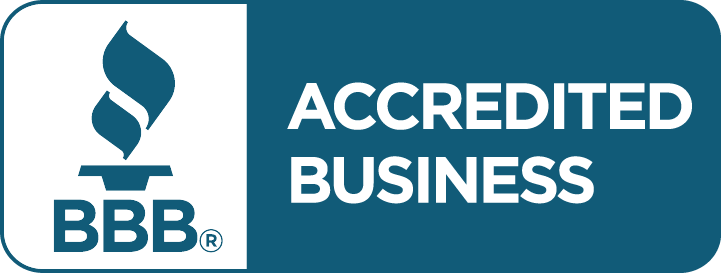At the start of the COVID-19 pandemic, many Canadians were quick to register for the Canadian Emergency Response Benefit (CERB). The federal government’s $2,000-a-month payment was simple to apply for and came with minimal eligibility requirements.
CERB was introduced by the government to assist those who lost their jobs as a result of the COVID-19 lockdowns. Nearly 9 million people received payments totaling $81.6 billion in just seven months.
Many people received CERB without fully understanding the criteria for qualifying and whether they were met. Furthermore, due to the speed at which the program was rolled out, the government was not verifying eligibility before money was distributed. As a result, many people who did not qualify received the benefit.
The income eligibility requirement for CERB was a minimum of $5,000 (before taxes) during 2019 or the 12 months before applying. The sources that could be used were employment income, self-employment income, and provincial benefit payments related to maternity or parental leave.
Confusion for self-employed
Beginning in late 2020, the Canada Revenue Agency (CRA) sent CERB repayment letters to approximately 441,000 people whose 2019 income they were unable to verify.
For many self-employed Canadians, the letter from the CRA was the first time they were made aware that CERB eligibility was based on “net” self-employment income, meaning after expenses, and not “gross” income. Many have said that this wasn’t properly clarified in legislation, on government web pages or by CRA employees.
Luckily, after receiving much criticism, the federal government announced that self-employed individuals who applied for CERB and would have qualified based on their gross income will not be required to repay the benefit, provided they also met all other eligibility requirements.
Students to get amnesty
The government recently announced it is helping nearly 100,000 students with CERB repayments. If you were a student in 2020 and were asked to repay the CERB, you may be able to keep some or all of your payments.
In order to qualify, a student would have to have applied for CERB no later than September 30, 2020, and not received benefits like the CESB, Employment Insurance or provincial parental or maternity leave benefits at the same time. They also have to meet one of three criteria: they were unable to work due to COVID-19; they were looking for work; they worked and earned $1,000 or less before taxes during the four-week CESB period they could have applied for.
Collection letters continue to be sent out
The government has acknowledged that, in its efforts to provide urgently-needed income support to Canadians during the pandemic, some individuals would be found to later be ineligible. Furthermore, some Canadians were overpaid the benefit and others may have to pay money back because they earned too much money elsewhere.
As a result, the government has started their collection efforts.
Starting in November 2021, many Canadians would have received Notices of Redetermination or Notices of Debt related to COVID-19 benefits. These letters inform Canadians of debts or credits that have been established on their CRA accounts. These collection activities will continue for the next few years as the government continues its eligibility reviews of the COVID-19 benefits for individuals. The notices will provide information on repayment options.
How to Repay CERB overpayments
You have to pay back the money you received to the department you received it from – either the CRA or Service Canada. You can pay online or by mail. Visit the government of Canada website for further details on how to make payment.
If you don’t agree with your overpayment, you can request for reconsideration of a decision.
What happens if you don’t pay?
The CRA has great powers to make you pay back any owed money. They can seize your bank account, garnish your wages and may even register a lien on your home. They can also offset existing debt by withholding other government money you receive, such as GST credits or income tax refunds.
Therefore, it’s extremely important to explore all available options to pay your debts in full and on time. Avoiding it will simply make it worse.
Before starting legal action, the CRA must do the following:
- make 3 attempts to give verbal legal warning by phone
- send 1 written legal warning letter
What if you can’t pay back the CERB?
The government recognizes that CERB repayments may be difficult for many people, which is why they are not charging any interest or penalties on COVID-19 benefits overpayment debt for individuals. If you cannot repay your CERB debt in full, you can arrange to pay your debt over time. Contact the CRA to discuss your options.
If someone is still unable to repay the full amount, a credit counselling debt management program such as SolveYourDebts.com is another option.
If you need assistance on how to repay your CERB overpayment, our experienced credit counsellors can help you review your options and design a suitable debt repayment plan. Contact us today for a free consultation.











